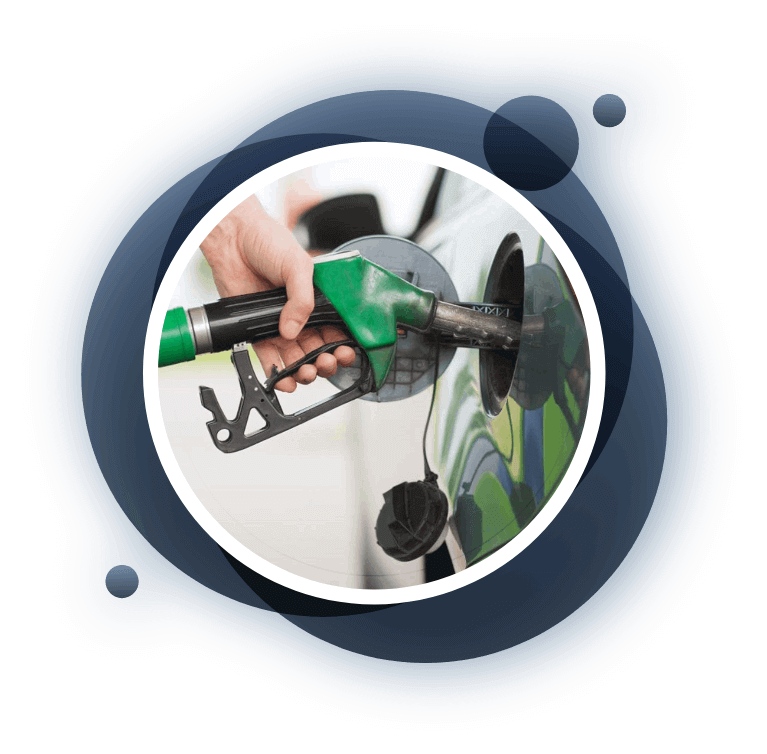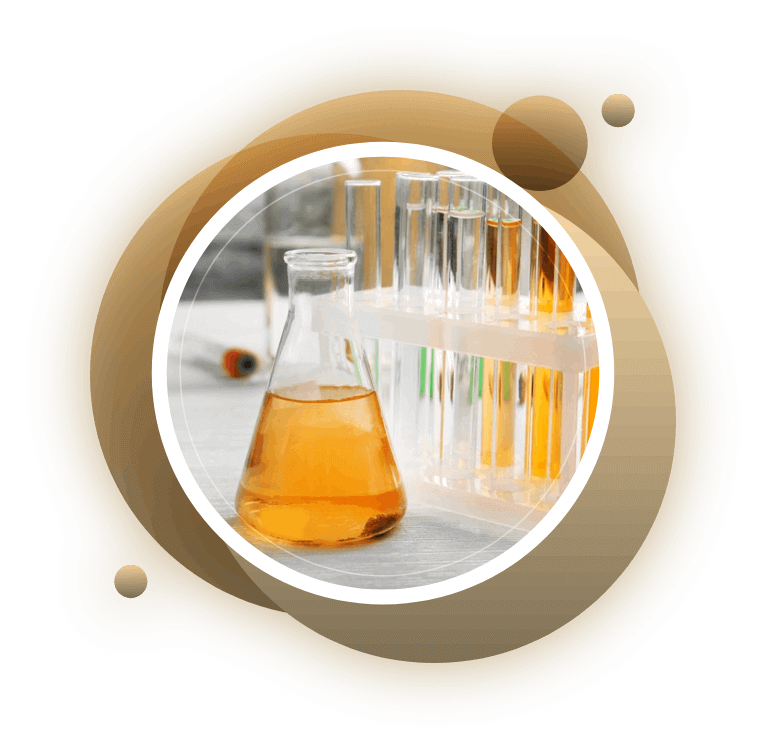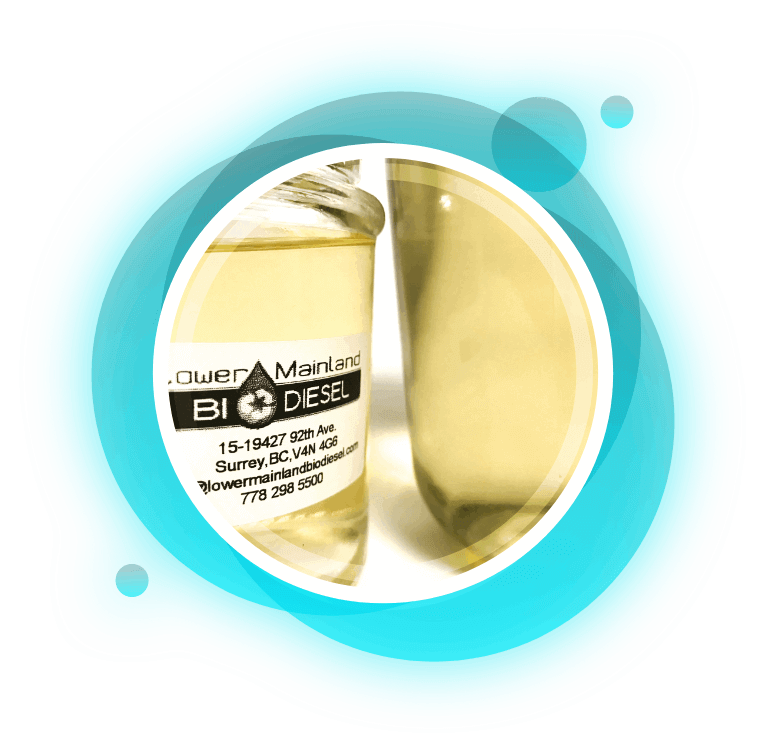// our products

Biodiesel B100
Biodiesel is defined as mono-alkyl esters of long chain fatty acids derived from vegetable oils or animal fats which conform to ASTM D6751 specifications for use in diesel engines. Biodiesel refers to the pure fuel before blending with diesel fuel.
Biodiesel is the name of a clean burning alternative fuel, produced from domestic, renewable resources. Biodiesel contains no petroleum, but it can be blended at any level with petroleum diesel to create a biodiesel blend. It can be used in compression-ignition (diesel) engines with little or no modifications. Biodiesel is simple to use, biodegradable, nontoxic, and essentially free of sulfur and aromatics.
Custom Biodiesel Blends
Biodiesel can be blended and used in many different concentrations. The most common are: B6 to B20 (6% to 20% biodiesel blended with petroleum diesel) and B5 (5% biodiesel, 95% petroleum diesel). B100 (pure biodiesel) is typically used as a blendstock to produce lower blends and is rarely used as a transportation fuel.


Glycerin
Glycerin is a simple polyol compound. It is a colorless, odorless, viscous liquid that is sweet-tasting and non-toxic. The glycerol backbone is found in all lipids known as triglycerides. It is widely used in the food industry as a sweetener and humectant and in pharmaceutical formulations. Glycerol has three hydroxyl groups that are responsible for its solubility in water and its hygroscopic nature. Glycerin can be used in food industry, pharmaceutical and personal care, botanical extracts, electronic cigarette liquid, antifreeze, internal combustion fuel, chemical intermediate and so on.
Fertilizer
Monopotassium phosphate, byproduct from crude glycerin processing, is a soluble salt of potassium and the dihydrogen phosphate ion which is used as a fertilizer, a food additive and a fungicide. It is a source of phosphorus and potassium. It is also a buffering agent. When used in fertilizer mixtures with urea and ammonium phosphates, it minimizes escape of ammonia by keeping the pH at a relatively low level.


Bio Lubricant
An environmentally friendly, biodegradable, bio-based, lubricating oil for general lubrication applications. The composition of additives and based fluids provides a protective, thin film lubricant. This natural oily film is outperform petroleum base oils in terms of natural lubricity.
Asphalt Agent Release
A specially formulated, ultimately biodegradable asphalt release agent that is a safe improvement over petroleum solvents for preventing asphalt from sticking and for cleaning tools and equipment. This, safe, non-flammable bio-based product contains no hazardous Volatile Organic Compounds (VOCs). It replaces diesel fuel and kerosene that are environmental problems and no longer accepted by Environmental Protection Agency (EPA).
The advantages of using bio-based asphalt release agent are biodegradable, renewable, low toxicity, no hazardous VOCs, safer. Applications in truck beds, chip and seal equipment, brooms, lutes, mauls, rollers, pavers, shovels, rakes, trawls, brushes.
